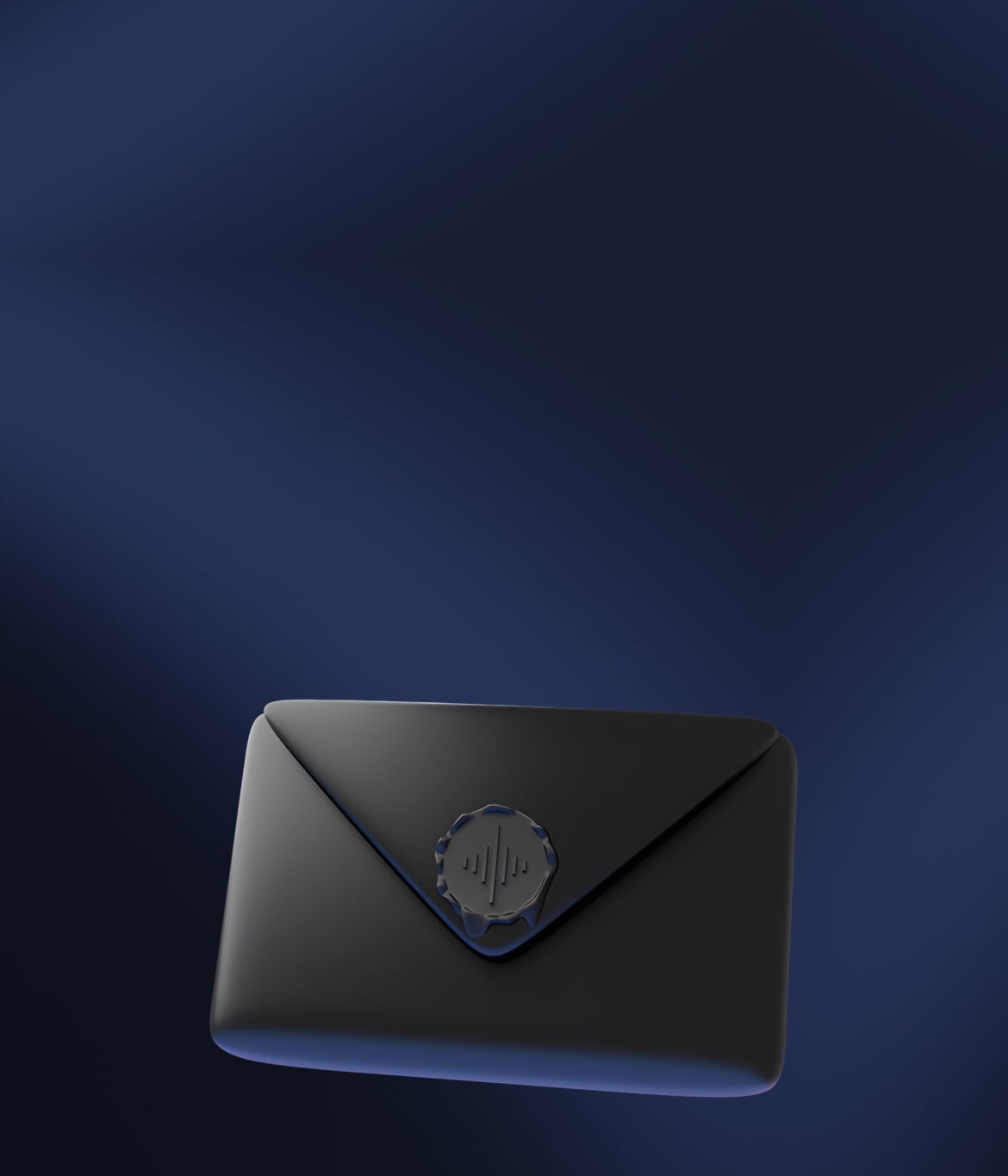Blog4 min read
How to prevent hearing loss as a musician
What decibel levels are considered harmful? When should you use ear plugs? Here's some sound advice on how to prevent hearing loss.

As musicians, our most valuable tool is undoubtedly our hearing. However, our ears are sensitive, and we often underestimate just how easy it is to damage them. Therefore, here are some essential facts and sound advice on how to prevent hearing loss.
In a cross-sectional study, 125 professional musicians with at least five years of work experience underwent a hearing checkup. Almost half of them exhibited hearing loss in at least one ear.
Musicians are frequently exposed to abnormally high sound levels. Consequently, musicians who deal with loud noises on a daily basis are four times more likely to suffer from Tinnitus and permanent hearing damage. For instance, continuous exposure to noise levels of 85dB, which is equivalent to playing a violin or being on a busy street, is already considered unsafe. Moreover, loud sounds that cause pain to the ear are usually between 115 and 140 dB, which is equivalent to the peak of a rock concert or an ambulance siren.
A decibel level of 0db is total silence, 30dB is equivalent to a soft whisper, and 60db a regular conversation. Anything louder than 85dB can cause hearing damage with prolonged exposure, and noises above 120dB can cause immediate damage.
This is a handy decibel level reference:

And for musical noise:
As you can see, most instruments fall into the Very Loud category.
Here are some tips to protect your ears and prevent hearing loss:
1. Inform yourself
Learn about the levels of noise and repercussions of long exposure to these levels - especially the sound coming from the instrument you play.
2. Use a decibel meter
Using a decibel meter is a great way to see if your surrounding noise levels are safe. The Soundbrenner Core 2 comes with a dB meter that accurately measures the decibel levels of your environment, so you can check whether you need to protect your ears.

This feature checks your surroundings 24/7 (without storing any information) to ensure that you aren’t exposing yourself to harmful sounds. The Core 2 will alert you when you may be at risk for hearing damage. This is an indispensable tool for musicians who are constantly bombarded with sounds throughout the day.
3. Wear earplugs
There are many forms of hearing protection available in the market. For instance, they include in-ear monitors (IEMs) that double as stage monitors, as well as over-ear headphones specifically designed for drummers to block out harsh high-end frequencies from cymbals. If you are looking for something that offers more control, Minuendo lossless earplugs are an excellent choice. These passive, high-fidelity earplugs offer adjustable attenuation. Ultimately, this means you get to protect your ears without compromising on sound quality. Additionally, they are the only ones in the market offering this kind of technology.

4. Don't stand directly in front of speakers
Avoid having your amp, PA, or stage monitors pointed directly at you. Instead, try standing behind the source of the sound. First, use the decibel meter on the Soundbrenner Core 2 to find the quietest spot away from the amp. Consequently, this allows you to play at the same volume—meaning the audience hears you clearly—without exposing yourself to such a loud noise level.
5. Take regular breaks
It’s also important to take regular breaks during practice sessions or rehearsals in order to avoid excessive stress on your ears. Use the timer on your Soundbrenner Core 2 to remind yourself to stop and rest every 1–2 hours.
Did you find this article helpful? Share it with your bandmates!




